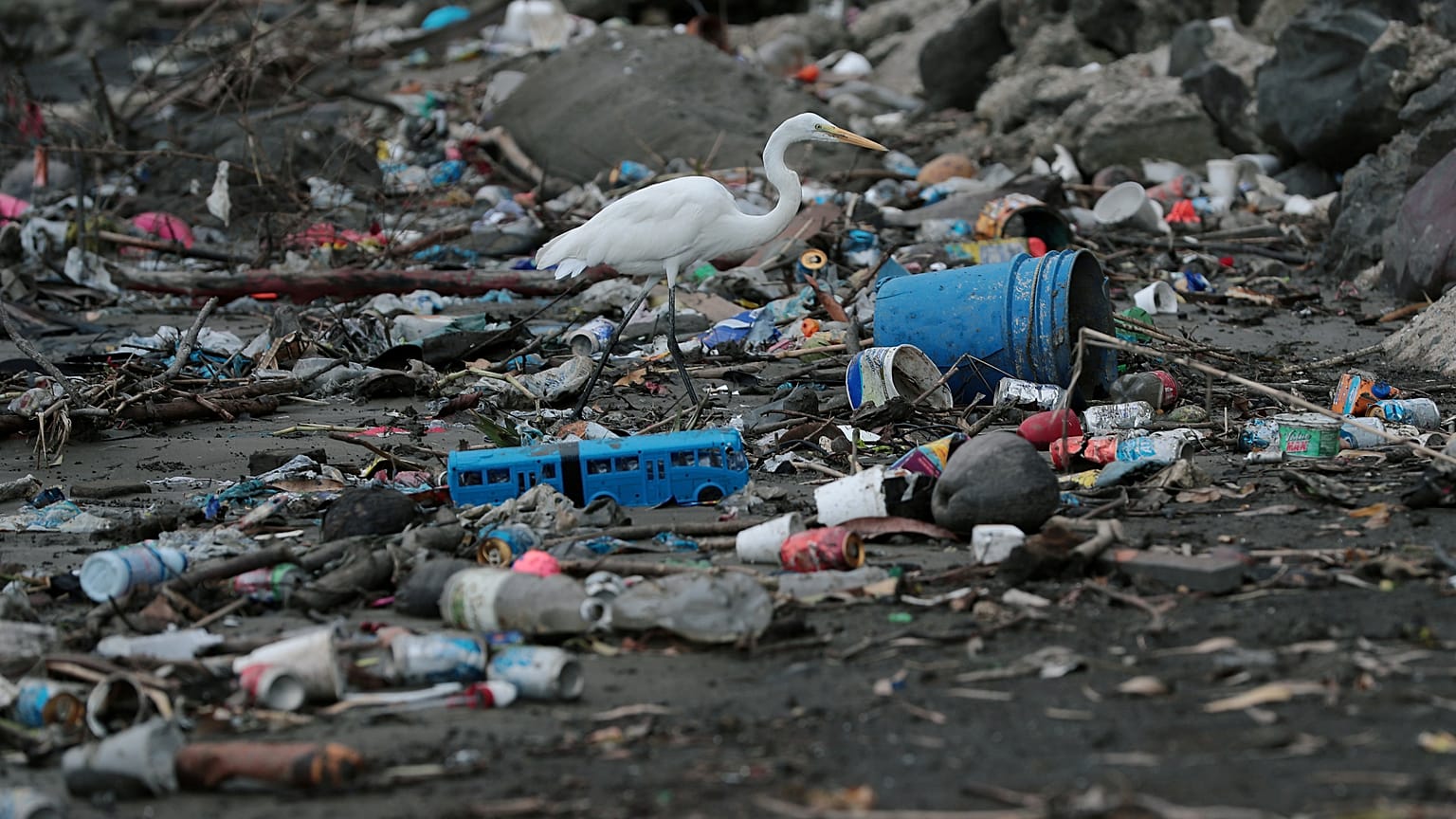Thousands of plastic bags were pulled from the Aegean Sea off Greece’s Andros island this month by a team of divers and environmentalists who described what they found as a “gulf full of plastic corals".
Thousands of plastic bags were pulled from the Aegean Sea off Greece’s Andros island this month by a team of divers and environmentalists who described what they found as a “gulf full of plastic corals".
"It was a very scary thing to see," said Arabella Ross, a volunteer diver with Aegean Rebreath, a group founded in 2017 to carry out underwater and coastal clean-ups. "It really shook me and I think it really shook everyone who saw it."
During the summer, the amount of plastic waste goes up by 40% and most of it ends up in the sea. Around 87% of poorly managed waste ends up in nature, increasing the amount of pollution, said the World Wide Fund for Nature (WWF).
The Mediterranean is among the seas with the highest levels of plastic pollution in the world, according to a WWF report. It contains only 1% of the world’s water but it houses 7% of the world’s microplastics.
'Europeans eat a plastic bank card a week'
Europe is the second-biggest producer of plastic in the world, after China. Each year, 27 million tonnes of plastic waste is produced of which 90% is not recycled.
Between 70,000 and 130,000 tonnes of microplastics and between 150,000 and 500,000 tonnes of macroplastics finish in the Mediterranean and other European seas each year — waste that ends up in fish eaten by humans. This implies that every week, Europeans eat the equivalent of a plastic bank card (five grams or 1,769 microparticles), according to the WWF.
That same study forecasts that in 2025 the ocean will contain a metric tonne of plastic for every three fishes.
The biggest trash concentration of the planet is located in the middle of the Pacific Ocean. It’s a big island that measures 1.6 million square kilometres — the equivalent of three times the size of France. However, the WWF warned that plastic pollution in the Mediterranean is four times bigger.
Can we live without plastic?
Alba Garcia from Greenpeace recommends that in order to reduce plastic waste, it's good to plan food shopping beforehand to go to bulk outlets and avoid packaging, look for alternatives to plastic-wrapped products and use glass containers when shopping at the butcher's that can be re-used.
The British supermarket chain Sainsbury's was the first one to get rid of plastic containers for fruits, vegetables, and bakery products, that way promoting the consumption of bulk products and avoiding unnecessary packaging.















